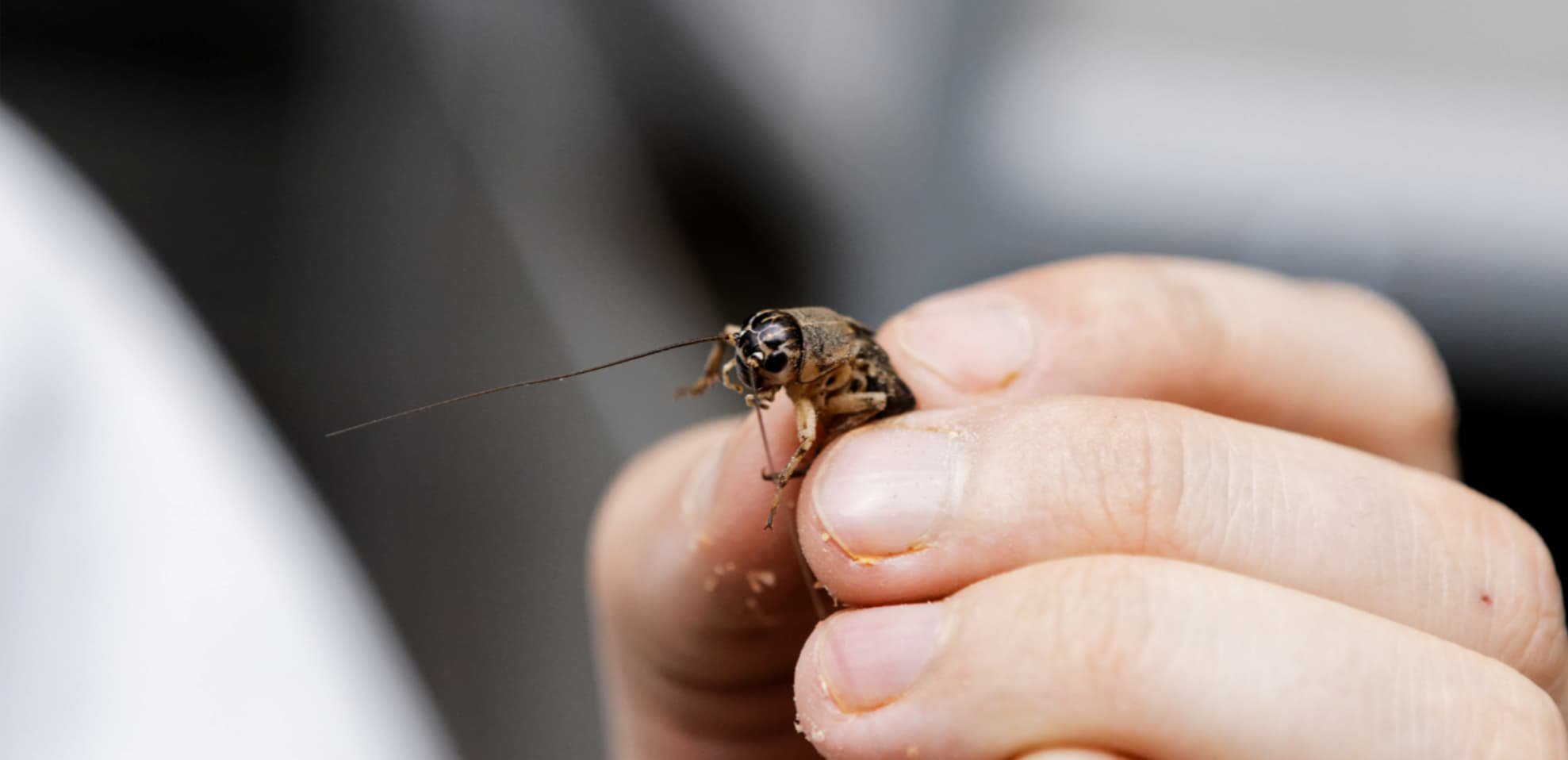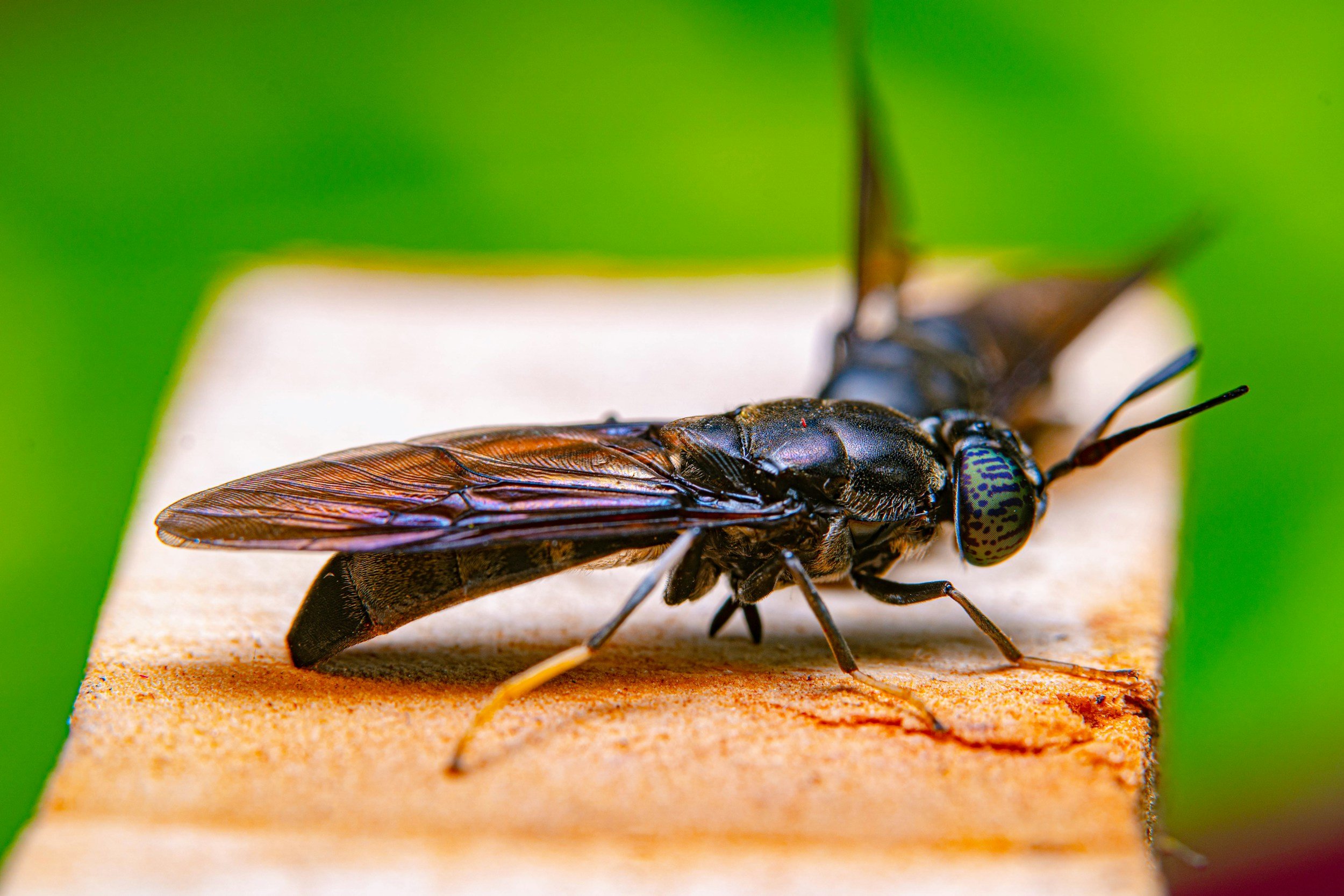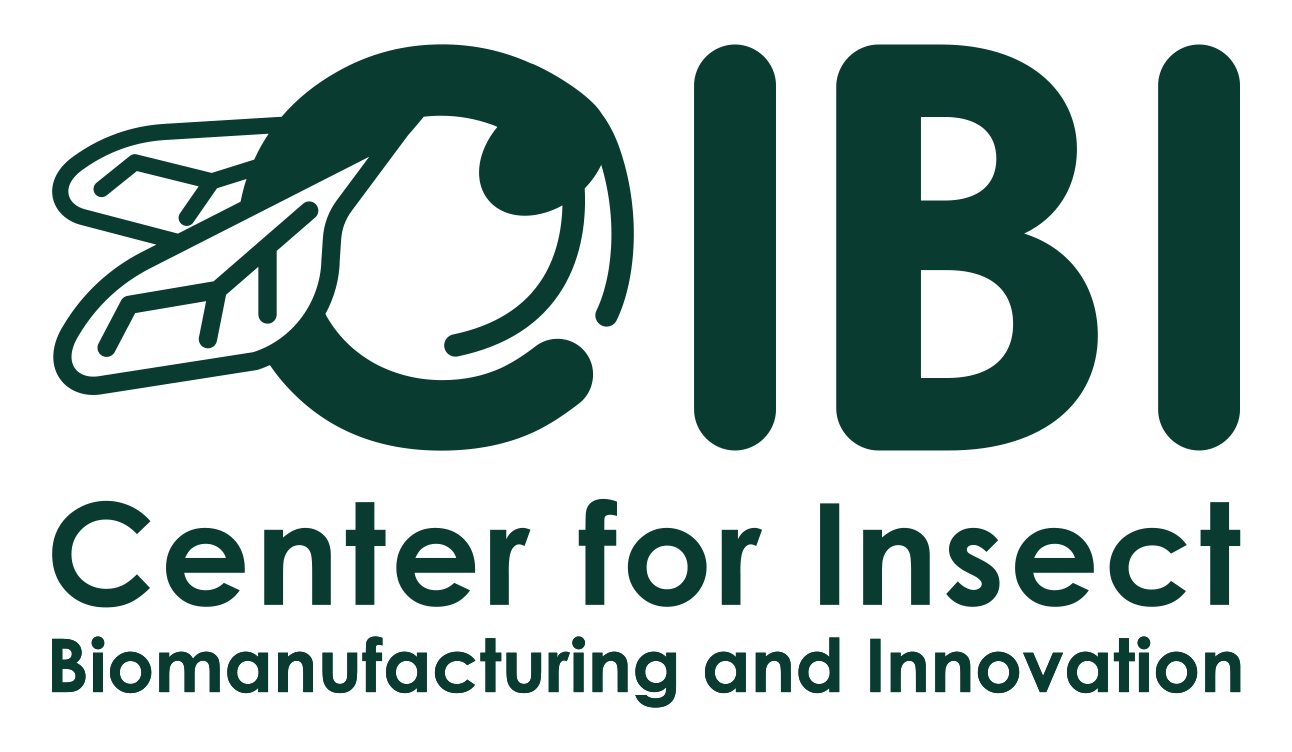
Advancing insect agriculture through collaboration
What is CIBI?
The Center for Insect Biomanufacturing and Innovation (CIBI) is a first-of-its-kind research center driving breakthrough insect-derived technologies that power innovation across biotechnology, feed, and agricultural industries.
Formerly known as CEIF, the Center has updated its name to better reflect the breadth of projects we pursue.
We are working with Industry, Academia, and Government to pursue foundational, pre-competitive research that will drive growth of the Insect Agriculture sector.
Sound like you? Support our mission by joining our initiative.
Join the Center

We have one planet with limited resources.
Insect farming is part of the solution. Less water. Less land.
Less greenhouse gas emissions.
More options.
We deliver world-class research that helps set the global standard for insect biomanufacturing and insect-derived materials, advancing innovation across feed and agricultural systems worldwide.
Foundational research that will drive growth of the Insect Agriculture sector
CIBI SEMINAR SERIES SPOTLIGHT
The CIBI (formerly CEIF) Seminar Series offers regular presentations from researchers and guest lecturers on various aspects of insect agriculture. These include discussions of papers in the CIBI Digital Library, presentations by experts, and detailed explorations of CIBI projects.
In this guest seminar, Dr. Aaron Tarone (Texas A&M University) reflects on the history, science, and policy lessons of the screwworm eradication program — one of the world’s most successful examples of sterile insect technique (SIT). Drawing on decades of work by USDA scientists and collaborators across the Americas, Dr. Tarone explores how coordinated biological control eliminated a devastating livestock pest from the United States and Central America, and what current reemergences in Mexico may mean for Texas and beyond. He highlights the crucial roles of vigilance, cooperation, and innovation — including tools such as electron beam sterilization — in sustaining long-term eradication success. The talk also connects parallels between SIT operations and modern insect-rearing industries, underscoring opportunities for cross-disciplinary learning in large-scale insect management and biosecurity.






